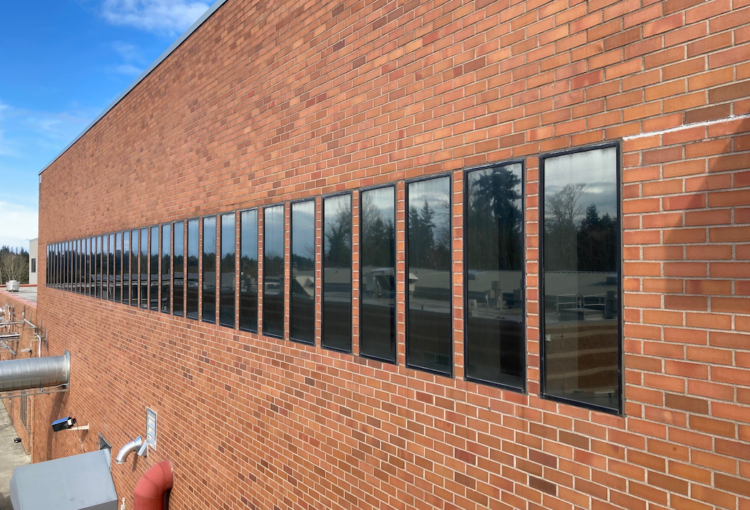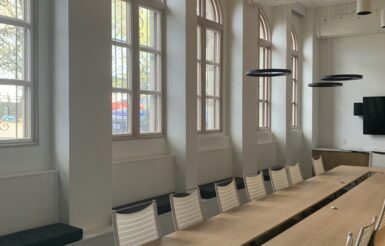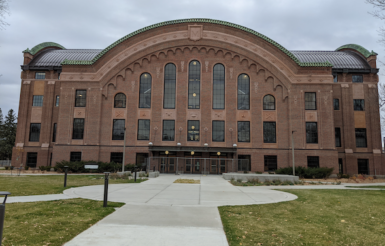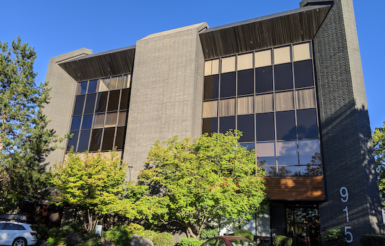Crane Aerospace and Electronics is an aerospace components manufacturer in Lynnwood, Wash. After receiving thermal comfort complaints in the summer and winter from occupants of a second-story office building, Crane committed to replacing the inoperable single-pane windows throughout the building with energy-efficient secondary windows.
Project Overview
A seamless look and installation
In addition to reducing the building’s energy usage, the window upgrade could help the company lock in HVAC energy savings for years to come by reducing the capacity of a planned HVAC system upgrade. When Zwaller discovered that secondary windows could achieve all of the building’s comfort and energy requirements for a fraction of the cost of a complete window replacement, he was able to demonstrate a compelling product payback period—10.7 years, thanks to a 12% reduction in overall energy costs and a Snohomish County PUD incentive of $0.53/kWh saved.* The energy savings and valuable incentive helped Zwaller successfully expedite the budget approval process, despite the project landing between scheduled budgeting periods.
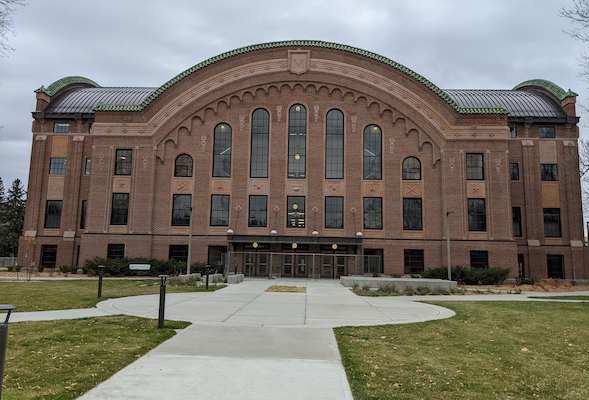
Results
Although Zwaller expected a variety of primary benefits from secondary windows, including extensive energy savings and a distinct improvement to indoor comfort, he was surprised by the unassuming look of the product itself. Initially under the impression the secondary windows would appear similar to bulky storm windows, Zwaller was pleased to see the interiorinstalled product blended in seamlessly with the building’s existing aesthetic. And, although building aesthetics were not a primary driver in his decision, Zwaller was pleasantly surprised by the available options that could attach to existing windows in an inconspicuous way.
Even though the secondary windows weren’t noticeable, the thermal comfort upgrade was—with post-installation metrics demonstrating a significant improvement. The measured globe (or “feels like”) temperature after the secondary window installation was 2.9 F warmer on similar 40 F mornings primarily to due a warmer glass surface temperature.
-
$4,066 in annual energy cost savings
-
12% reduction in annual energy costs
-
3.5 work days to install 331 windows
-
Improved radiant temperature and comfort for desks near windows
-
Seamlessly blended with existing building aesthetic
